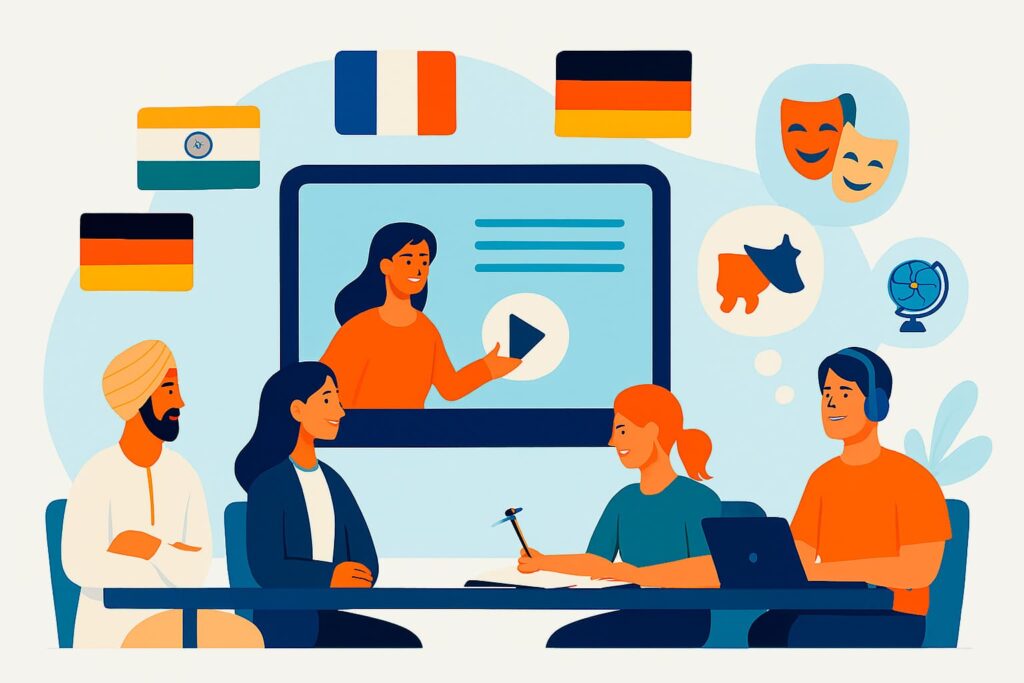The Hidden Role of Translation Agencies in E-Learning and Corporate Training

Introduction
In today’s globalized business environment, e-learning and corporate training have become indispensable tools for companies of all sizes. Organizations are no longer limited to a single market; they need to train employees, partners, and clients across multiple regions and languages. While e-learning platforms and training developers focus on creating engaging content, there’s a crucial piece often overlooked: professional translation and localization.
This is where translation agencies quietly but powerfully step in, transforming courses into accessible, culturally relevant, and visually polished learning experiences.
More Than Just Translation: Localization for Learning
When adapting training materials, word-for-word translation is rarely enough. A translation agency ensures:
Cultural relevance – Examples, idioms, and scenarios are adapted to resonate with local learners.
Consistency of terminology – Particularly important in technical training, compliance courses, and product manuals.
Tone and clarity – The voice of the brand is maintained while ensuring readability and learner engagement.
This level of localization makes the difference between a course that feels foreign and one that feels natural to the learner.
The Importance of Subtitles and Voiceovers
Video is at the heart of modern e-learning. But without professional subtitles or localized voiceovers, training videos can easily lose their impact. Translation agencies provide:
Accurate subtitling that respects timing, readability, and technical constraints.
Professional voiceover and dubbing services with native speakers, ensuring authenticity.
Alignment with accessibility standards, making learning inclusive for all employees.
Desktop Publishing (DTP): The Unsung Hero
Training materials are not only text—they’re full of graphics, infographics, charts, and interactive PDFs. A translation agency with DTP expertise ensures:
Seamless integration of translated text into designs.
Adjustments for languages that expand or contract text (e.g., German vs. Chinese).
Polished layouts that maintain the same professional look across languages.
Without this, translated materials can look unprofessional or even unusable.
Why Companies Should Care
For global organizations, training is not just about compliance—it’s about building a unified, knowledgeable workforce. Poorly translated or formatted content leads to:
Misunderstandings that affect performance.
Lack of engagement in learning.
Inconsistent brand identity across regions.
On the other hand, partnering with a translation agency ensures efficiency, quality, and scalability, allowing companies to focus on growth while knowing their training materials are effective worldwide.
Conclusion
E-learning and corporate training are only as effective as the accessibility they provide. Translation agencies play a hidden yet crucial role in bridging linguistic and cultural gaps, ensuring that knowledge is transferred accurately, engagingly, and consistently across markets.
In 2025 and beyond, businesses that integrate professional translation into their training strategies won’t just educate—they’ll empower their global teams.

Contact Lubmark today and let’s make your message speak every language.
